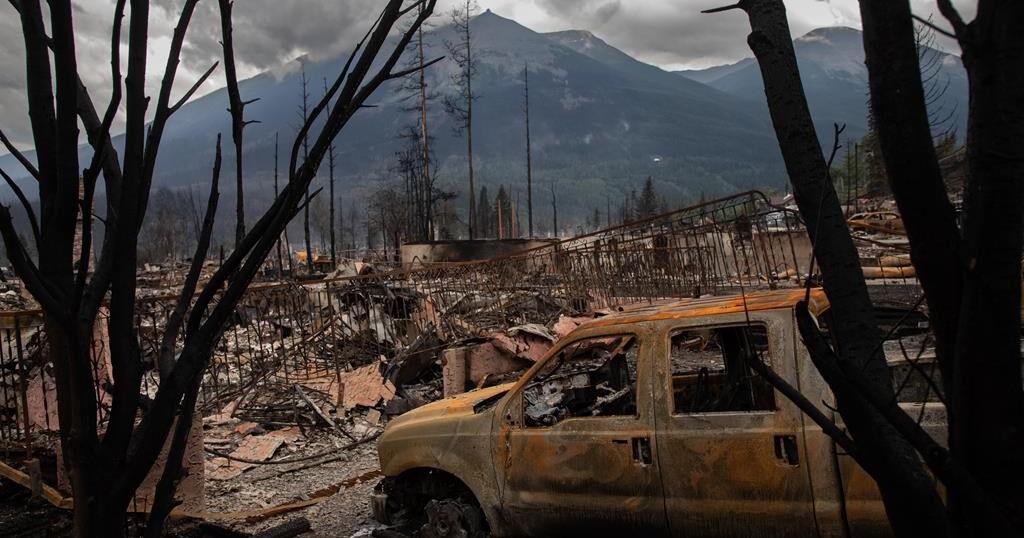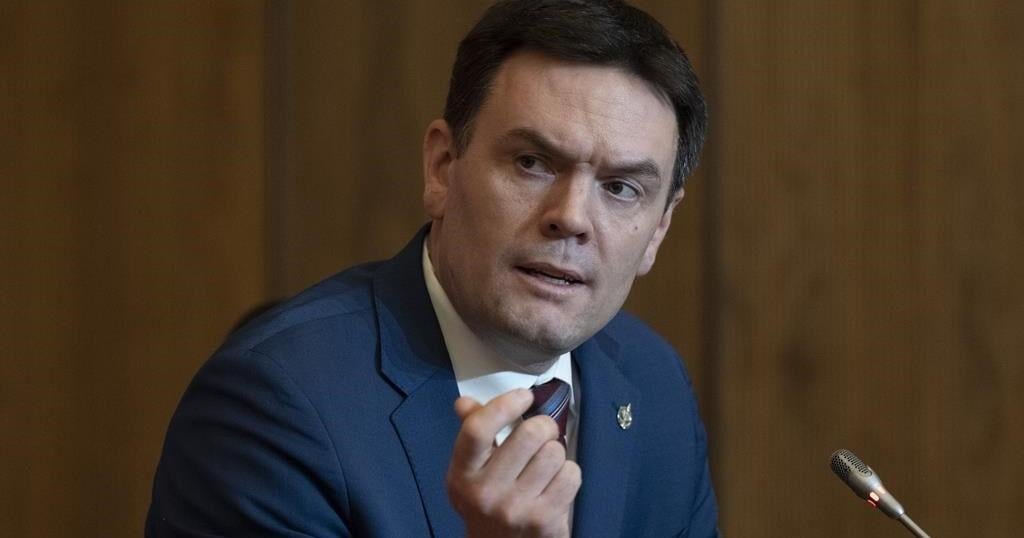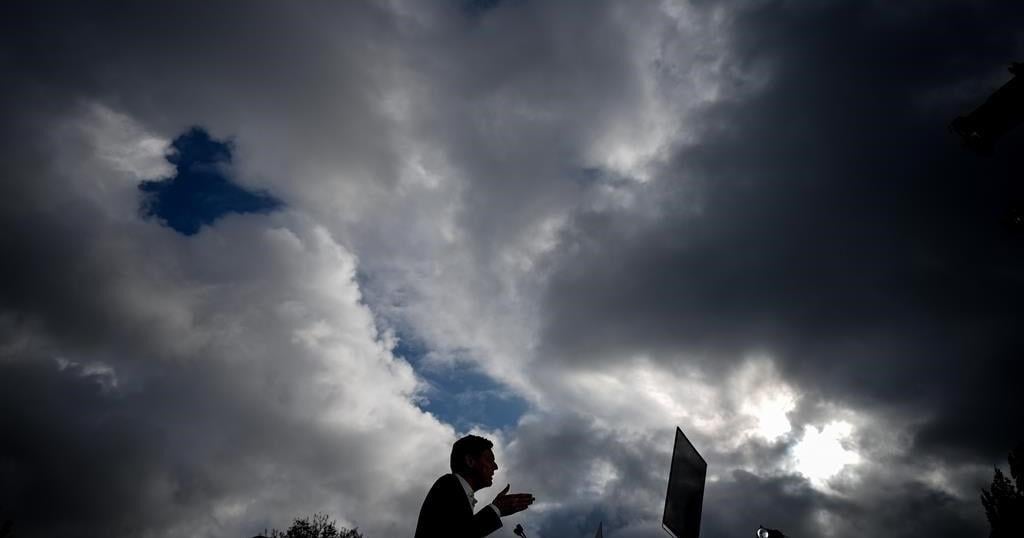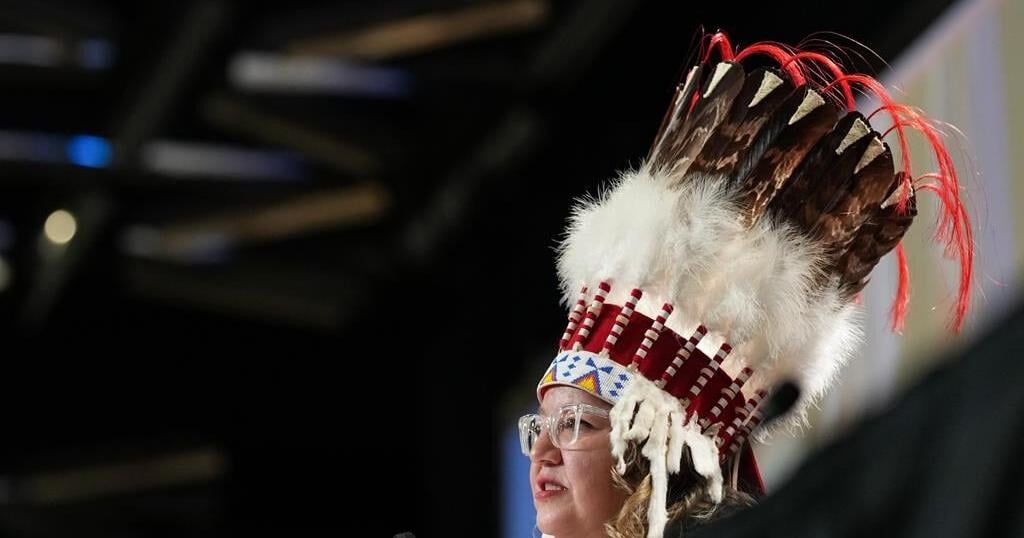The 5,000 residents of Jasper, Alta., chased out of their homes three weeks ago ahead of a devastating wildfire, can go home Friday.
Officials said essential services have been restored to the point where they can allow a blanket re-entry.
However, utility services could still be hit and miss. Some homes may look fine on the outside but will have sustained heavy smoke or water damage on the inside. Other homes may be fenced off as public safety hazards.
The main highway through Jasper National Park, Highway 16, reopened last week, but park trails, campgrounds and day-use areas remain closed pending safety checks.
Officials are still trying to figure out where to put students for the upcoming school year. For now, court services will be done in the nearby town of Hinton.
Hospital services are not fully back. Garbage collection plans are still being worked on. Parts of town are under a boil water advisory. There is more wildlife in town. Residents should watch out for unstable structures, deep burning ash pits, soot, demolition dust, nails and other sharp objects, and poorly ventilated spaces that may contain carbon monoxide.
There are also no accommodations for those in the 358 homes and businesses levelled by the wildfire.
Jasper Mayor Richard Ireland said Jasperites should prepare for “a new normal.”
“We know, as humans, that we all find comfort in familiar things,” Ireland told a news conference Monday in Hinton.
“Our residents will be looking for familiar faces in familiar places. Some of that familiarity is gone.”
About 25,000 people fled Jasper townsite and its national park on the night of July 22 as wildfires inched closer to the area. Two days later, wind-whipped flames overwhelmed crews and destroyed one-third of the town’s buildings.
Key infrastructure, like schools and the water treatment plant, was spared.
Jasper residents with nowhere to go were directed to evacuation centres in Edmonton, Grande Prairie and Calgary.
The fire menacing the town from the north remains listed as out of control. As of Sunday night, the fire stood at 330 square kilometres in size.
A state of emergency was still in effect, but firefighting efforts meant the criteria for re-entry were achieved at an “unprecedented rate,” Jasper incident commander Christine Nadon said. These include restoring services like police, fire and EMS to basic levels.
The reconnection of electricity, natural gas and water is nearly complete. Nadon said work to restore critical retail services like grocery stores, gas stations, banks and pharmacies is expected to be complete Friday.
“If there is a home standing, there could be significant damage on the inside,” Nadon said.
“You can’t count on spending your first night in Jasper.
“For those who don’t have homes anymore, they are welcome to come and look at the site, but obviously should plan to stay somewhere else.”
In Edmonton, Jasper resident Victoria Wilson said she was “itching to get back” home, but now feels a bit of trepidation.
“It’s very real now,” Wilson said in an interview. “I’m not sure what to expect.
“It’s going to be kind of weird to go back home and … try and have the community feel like home again.”
Wilson has lived in Jasper for three years and works as an employment coach with the Jasper Employment and Education Centre.
Heidi Veluw, executive director of the centre, said her team plans to return to Jasper and will make do with whatever they find.
“We’re pretty pliable,” she said. “If you have to air out my office and we have to sit in the front and pull out a table, that’s what we’ll do.”
Since being evacuated, the centre has operated out of temporary offices in Edmonton and Calgary, helping evacuees and temporary foreign workers replace documents and apply for new work permits.
Veluw also employs temporary foreign workers. Some staff who lost homes may stay with her once they return to Jasper.
“They’ve lost everything, so we will work it out,” she said.
The fire that hit the town decimated much of the west side.
Nadon said it’s likely that people who live on the northern side of town will have many of their services restored. There’s also the chance some residents may be able to stay in their homes — depending on their own damage assessments.
Nadon said officials are not providing specific guidelines for tourists, but reiterated there are very limited services available, including accommodations and other amenities.
“That is not to say that visitors can’t come … but we do ask for the public to give our residents and business owners a chance to go see for themselves what their property looks like,” she said.
Alberta Premier Danielle Smith said she felt relieved that eager Jasperites will soon return home and begin rebuilding.
“Stay safe and see you soon, Jasper!” Smith wrote on social media.
This report by The Canadian Press was first published on Aug. 12, 2024.
— With files from Jack Farrell
Note to readers: This is a corrected story. An earlier version misattributed a quote.
























